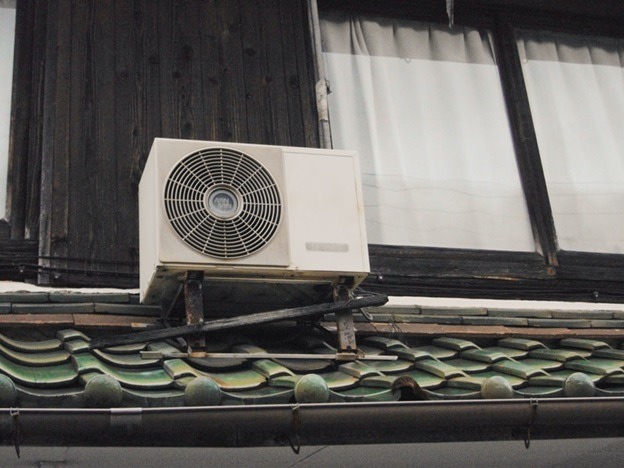Air conditioners are important household appliances, especially during winter and summer when temperatures go beyond the normal range. However, besides regulating indoor temperatures, heating and cooling systems are beneficial in many other ways most homeowners probably don’t know. For instance, do you know that HVAC systems affect the purity of your indoor air?
When evaluating the air you breathe inside your home, you shouldn’t focus solely on the temperatures. You should know its quality as well. The insights below explain how HVACs affect indoor air quality and why you should hire a professional heating and cooling services.
Why is Indoor Air Quality Important?
While some homeowners overlook these facts, several studies have found that breathing poor quality air is dangerous because;
- Americans spend 90% of their free time indoors
- Indoor air is polluted two to five times more than outdoor air
- Indoor air pollution accounts for more than 8 million deaths every year
- Contaminants found in poor indoor air are the primary cause of most health issues, including asthma, inflammation, reduced lung function capacity, and other respiratory issues.
- Breathing low-quality air significantly affects productivity levels and focus
How Do HVAC Systems Affect Indoor Air Quality?
Most air conditioners are designed to operate with windows closed. They regulate and control airflow between indoor and outdoor environments. Below are a few ways air conditioners affect indoor air quality.
1. Leaking Ducts Cause Infiltration
Leaking conditioner air ducts affect the efficiency of your system and welcome unwanted guests into your house. Animals like rodents and possums can crawl through the detached ducts and die in the crawl space. If they decompose in the ductwork, air passing from the outdoor environment collects their droppings and remains and distributes them throughout your house.
Unfortunately, even the best HVAC filter can trap the smell. Leaking ducts also allow viruses, pollen, bacteria, dust, mites, pet dander, mites, and many other microorganisms into the system. This pollutes indoor air and causes allergic and respiratory issues.
2. System Inefficiency Affects Humidity
Heating and cooling systems also have a role in regulating indoor humidity levels. Air conditioners trap moisture from incoming air to cool your home. However, when the system is old and inefficient, expect high humidity in your indoor air.
Excessive moisture in the air makes your house stuffy and hotter. Moisture also promotes the growth of mold, mildew, and other bacteria. You may also experience respiratory issues, allergies, sore throats, and itchy skin.
3. Leaking Ducts Cause Back-drafting
Back-drafting is another dangerous problem associated with leaking air ducts. This is where combustion gasses from household appliances, such as water heaters and furnaces, re-enters your home. Back-drafting occurs due to pressure differences between indoor and outdoor air pressure. Carbon monoxide and other dangerous gasses released from these appliances can make their way into your home, causing a deadly situation.
Endnote
Evidently, heating and cooling systems significantly impact indoor air quality. Regular maintenance by air conditioner service experts is the best way to minimize negative HVAC effects and improve your indoor air quality. Periodic check of system components, such as air filters and ducts, is crucial.

